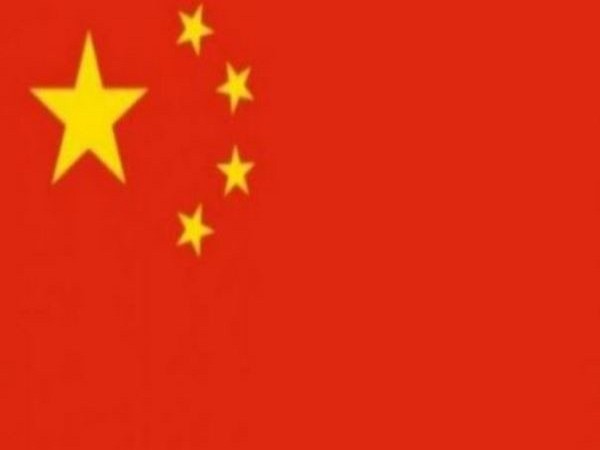
Beijing [ China], December 12 (ANI): A Chinese court in Tibet has given a 10-year prison term to Tibetan writer and educator Go Sherab Gyatso known for expressing loyalty to exiled spiritual leader the Dalai Lama, with the sentence handed down in a secret trial, according to Radio Free Asia (RFA).
Earlier, Go Sherab Gyatso had written books and articles describing restrictions on Tibetans living under Chinese rule.
Further, Go Sherab Gyatso, a 46-year-old monk at Kirti monastery in Sichuan’s Ngaba (in Chinese, Aba) Tibetan Autonomous Prefecture, was taken into custody on unknown charges by State Security agents on Oct. 26, 2020 in Sichuan’s capital Chengdu.
Meanwhile, Gyatso will be moved soon to a prison near Tibet‘s regional capital Lhasa, sources close to Gyatso said. No details are available regarding the charges on which he was convicted, according to RFA.
Speaking to RFA, a Tibetan scholar living in exile described Gyatso – who had written books and articles describing restrictions on freedom of expression under Chinese rule – as an “open-minded individual who advocates the preservation of Tibetan language, religion and culture.”
“It’s sad news to hear about his 10-year sentence on Human Rights Day, and I want to call on the United Nations, governments around the world, and the international community to look into this matter immediately,” he added.
Earlier, the Chinese government in October responded to a July 16 letter from U.N. human rights experts asking about Gyatso’s case, telling them that Gyatso had been placed in criminal detention “in accordance with the law on suspicion of inciting secession.”
Over 1,800 Tibetans detained in Chinese prisons: Human rights organization
Dharmashala (Himachal Pradesh) [India], December 12 (ANI): The Dharamshala-based Tibetan Centre for Human Rights and Democracy (TCHRD) launched an online database of Tibetan political prisoners on Human Rights Day, and said that 1,809 people are currently detained in Chinese prisons.
The initiative is in collaboration with Geneva-based HURIDOCS’ (Human Rights Information and Documentation Systems) application Uwazi, Phayul reported. It further reported that the database with information on 5,518 Tibetan political prisoners has been compiled since 1990.
According to Phayul, researcher Tenzin Dawa said 3,067 prisoners have been released whereas 1,809 people are still detained in Chinese prisons. The database which is launched on the occasion of Human Rights Day on Friday, will be updated with new information procured from observers, TCHRD said.
Human Rights Day is celebrated on December 10 every year in all countries of the world under the supervision of the United Nations. On December 10, 1948, the Universal Declaration of Human Rights was declared by the General Assembly of the United Nations. “The database was compiled after reviewing older documents in TCHRD‘s archive and cross-checking with other similar databases. The database includes county-level GPS coordinates of each prisoner’s place of origin,” Phayul quoted the press release.
“5,518 is not a small number. These are verified cases which have been put in the database with sufficient proof. This alone should make China answerable for their atrocities, if only it were a country that accepted the truth,” researcher Nyima Woeser said.
The group further claimed that the data is only cases procured from open sources, suggesting that many unknown cases are yet to be unearthed. Over 300 cases of detention lie unresolved in TCHRD‘s records as no information was received after the prisoners completed their sentences, Phayul reported.
Meanwhile, the human rights organization urged the global community to condemn ongoing Chinese atrocities on Tibetan soil that largely go unnoticed. “We call on the international community including the United Nations, organizations, and individuals to pressure China to put an immediate halt to its state-sponsored policy of cultural assimilation in Tibet,” the human rights organization said.
Tibet is ruled by the Chinese Communist Party government based in Beijing, with local decision-making power concentrated in the hands of Chinese party officials. Tibet was a sovereign state before China’s invasion in 1950 when the People’s Liberation Army (PLA) entered northern Tibet. (ANI)


















